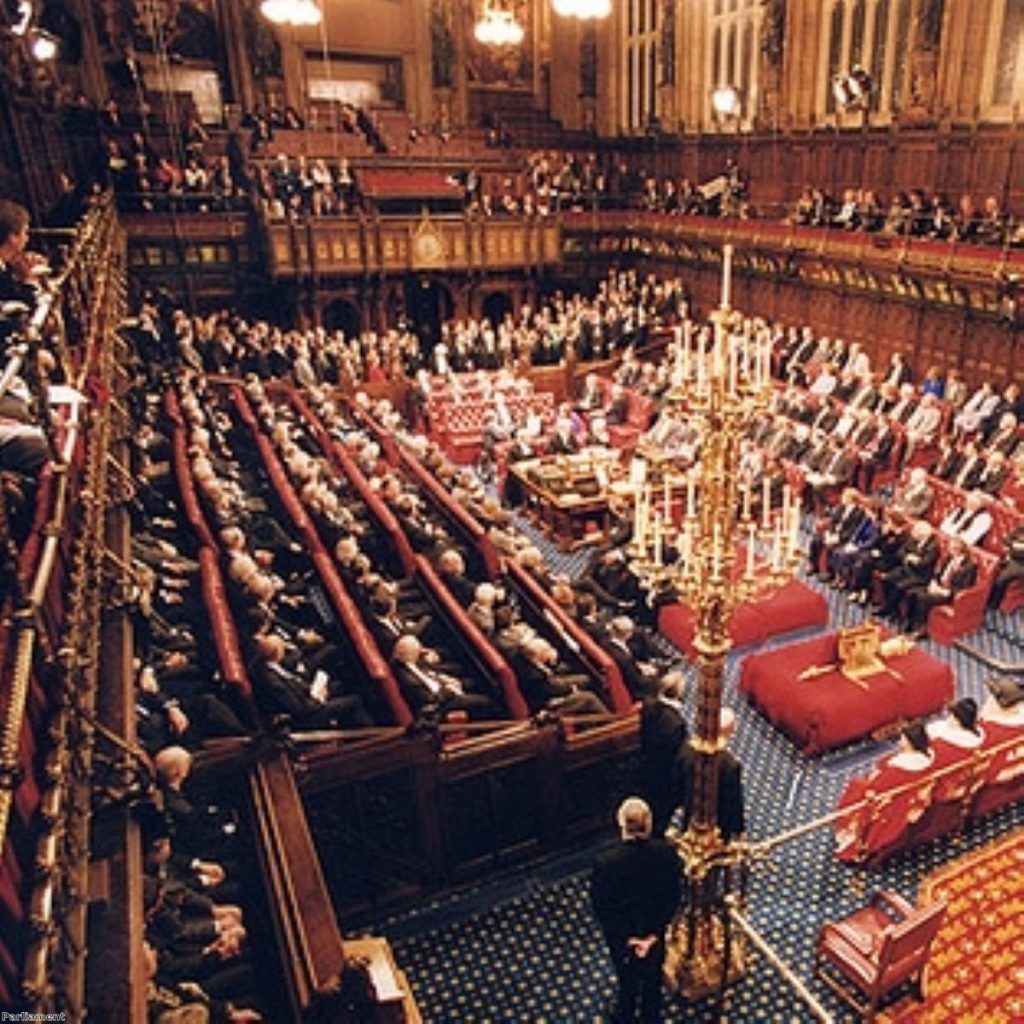Lords opposition chief warns of ‘complete abuse’
Plans to make the Lords’ membership match that of the Commons are “wretched”, the leader of the opposition in the upper House has told politics.co.uk.
Jan Royall’s comments reflect the concerns of a cross-party report backed by 13 senior peers published today which warns that the prime minister’s rapid creation of 117 new lords risks fundamentally undermining the upper House.
There are now 831 members of the Lords, up from 666 ten years ago. Under the coalition government’s stated plans to establish the same proportions along party lines as in the Commons, the chamber’s membership would increase to 1,100.


“That would be a complete abuse of the system that we have evolved in this House over the last few years, which is to be a check and balance on the government,” Baroness Royall said.
“If you have a built-in majority down this end, they can just do whatever they want to.
“The essence of this House is to revise and to scrutinise. You can scrutinise to your heart’s content, but that doesn’t mean you can revise. That part of the work of this House would be completely out of the window.”
Arguments about the future of the Lords are overshadowed by the impending draft Lords reform bill, expected next month.
But the UCL’s experts point out that reform is by no means guaranteed and that the upper House must function properly for the next four years at least.
“The fear is that David Cameron may unwittingly destroy the Lords through this volume of appointments,” constitution unit deputy director Meg Russell said.
“We await Lords reform, but in the meantime we must maintain a functional parliament. The risk is that reform fails – as it often has before – but that meanwhile the Lords has become bloated and dysfunctional.”
The influx of new peers into the Lords has shaken parliament’s second chamber up. Many veterans have complained about the increased competition for debating time and extra strain on its resources.
The most significant shift has been inadvertent, however. The formation of the coalition has given the government a political majority in the Lords, reducing the need for cross-party consensus achieved through backroom talks.
“We used to undertake lengthy negotiations in order to take on board some of their views and amend legislation accordingly,” Baroness Royall explained, recalling her time as leader of the Lords.
“Because the government benches now are so much more dominant here than they were, they don’t feel so much of a need to compromise before votes.”
Many of the new peers are former MPs who are seeking to apply the Commons’ more confrontational approach to politics to the Lords.
Labour ‘troublemakers’, in particular, have outraged Lords ministers with their partisan tactics – including the filibustering of the parliamentary voting system and constituencies bill, which came close to derailing the government’s plans for next month’s electoral reform referendum.
Baroness Royall denied that she disapproved of the tactics employed by Charles Falconer and his colleagues.
“Some people on the crossbenches are occasionally concerned and they shy away because they think ‘oh my God, politics is intervening’,” she said. “But politics is what we’re about. It’s the way to change things. And that’s just the way it is.”
Under the prime minister’s current plans it would become much harder for the Lords to defeat the government, whereas the UCL report’s proposals would restore the status quo. Mr Cameron has indicated he does not intend to change his proposals as a result of the UCL report.
The report demands that the halt in further ennoblements is only lifted when the number of members drops below 750.
It proposes allowing retirements from the Lords and calls for future appointments to be put on a “more transparent and sustainable basis, with the independent House of Lords appointments commission determining how many vacancies exist”.

